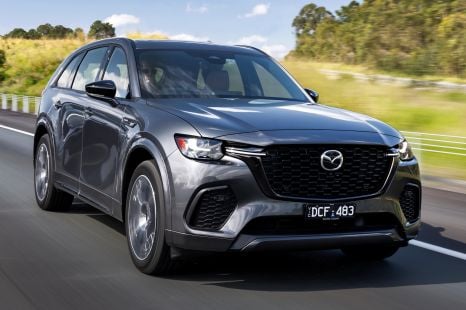

Jack Quick
7.9
5 Days Ago
Australia's electric-vehicle penetration is well behind Europe, China and parts of the US, but a new survey shows that a majority of people are looking at an EV as their next car

Senior Contributor
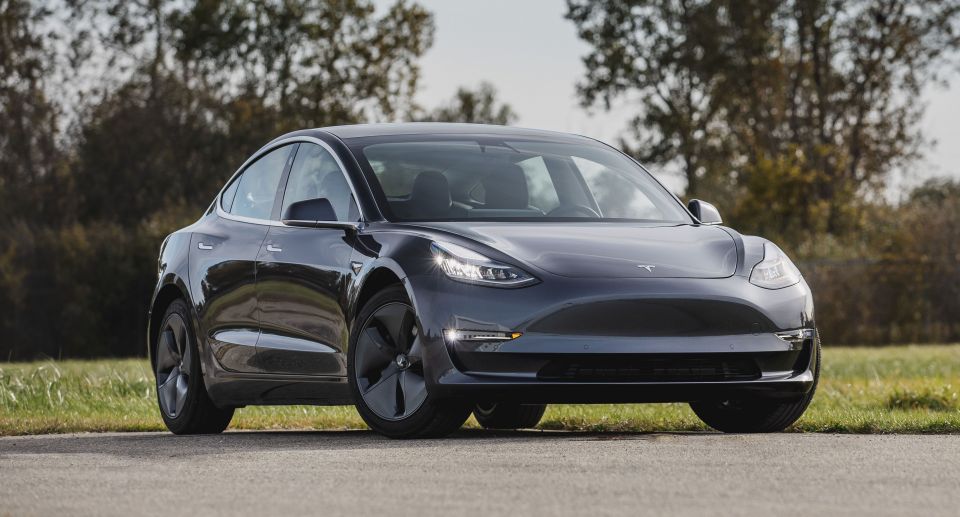

Senior Contributor
Sales of electric cars in Australia have plateaued in 2020 after posting massive growth during 2019, but consumer sentiment suggests a growing number of people would make the switch if market conditions were as favourable here as they are in many other countries.
The Electric Vehicle Council today released its annual State of Electric Vehicles report, including a 2092-person survey it says gave it “reason to be optimistic that the gap between Australia and the world may start to tighten” when it comes to our slow electric take-up.
Let’s not forget that two of the cheapest new EVs, the Hyundai Ioniq and Nissan Leaf (compared here), cost $50,000.
Data cited in the report showed Australians bought 3226 fully-electric vehicles (EV) and plug-in hybrids (PHEV) over the first half of 2020. The 2019 full-year figure was 6718, which was up three-fold on the 2018 number, yet equivalent to a paltry 0.6 per cent market share.
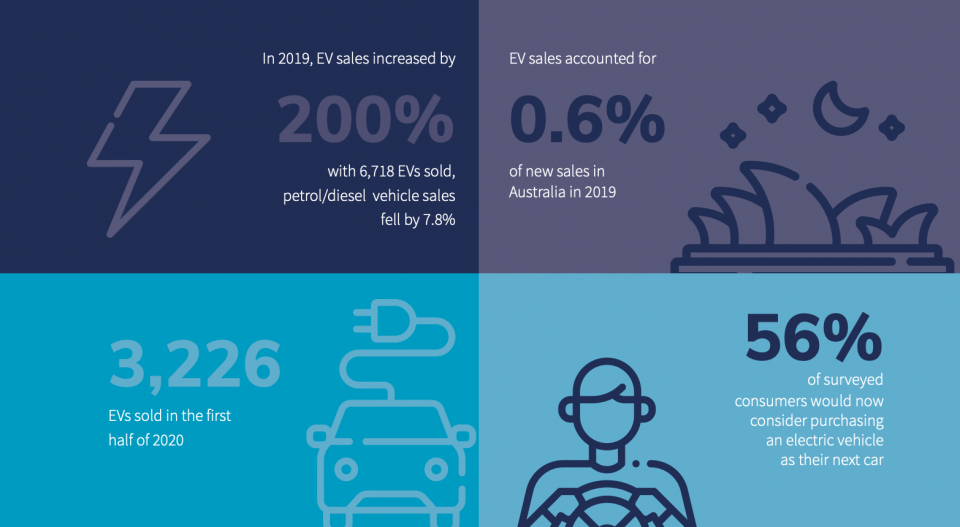
In fairness, the overall Australian market is down about 20 per cent this year due in large part to COVID-19. So EV/PHEV sales staying stable isn’t all that bad in context.
This figure is particularly interesting because it includes figures on clear EV leader Tesla, which remains one of very few manufacturers not to submit monthly sales figures to the Federal Chamber of Automotive Industries VFACTS database.
These VFACTS figures for for the first half of 2020 shows that 909 EVs and 887 PHEVS were sold, for a 1796 total. This is from submitting OEMs that sell an EV or a PHEV, or both, here.
It follows that an estimated 1430 Tesla Model 3, Model S, and Model X vehicles were sold over the period to make up the difference, showing the brand’s continuing dominance in this space.
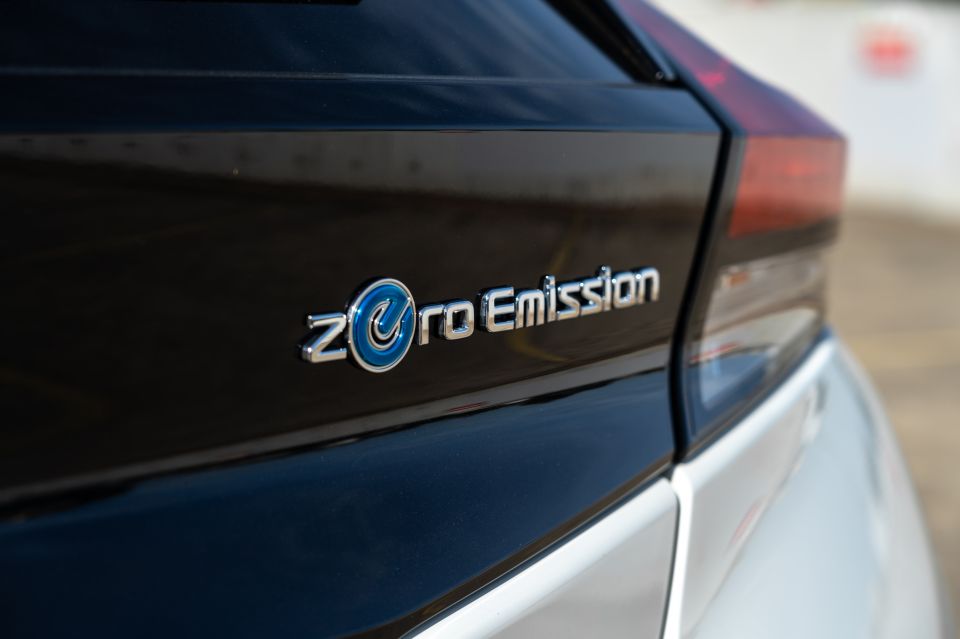
For context, global EV and PHEV vehicle sales hit a reported 2.26 million in 2019, an increase of nine per cent from the previous year, which equates to 2.5 per cent market share globally.
A survey of 2902 Australians carried out for this report showed 56 per cent would consider purchasing an electric vehicle as their next car, representing a mild increase from 48 per cent in 2018, and 53 per cent in 2019.
The percentage of respondents who said they would not consider purchasing an electric vehicle dropped more significantly from 45 per cent in 2019 to 31 per cent in 2020, while those unsure increased from two per cent to 13 per cent.
“The price of electric vehicles continues to be a discouraging factor. This concern should dissipate as the price of electric vehicles reaches parity with petrol and diesel equivalents,” the report claimed.
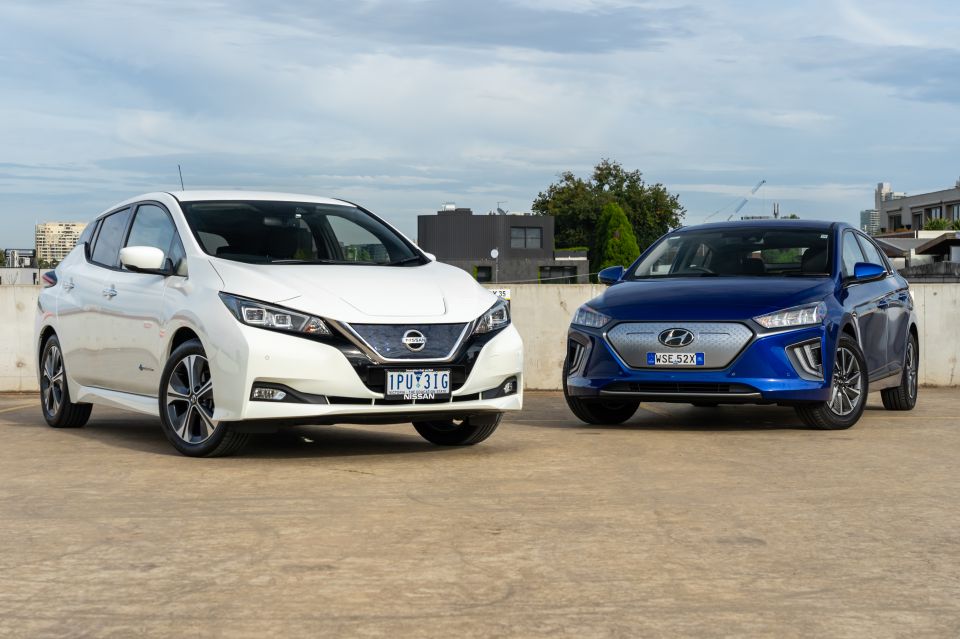
“This point of parity could be reached much sooner with the introduction of national fuel efficiency standards, comparable to other countries like the UK and the US,” it added. Australia’s current lack of CO2 mandates per manufacturer are now an obvious outlier.
The report also said 45 per cent consumers felt discouraged by the driving range of EV but, when asked how far they expected them to drive per charge, “almost 80 per cent… underestimated the range of electric vehicles currently available in Australia”.
The survey also found 68 per cent of respondents wanted more government-funded charging infrastructure, 68 per cent wanted direct EV subsidies (like those in Germany, China and California), and 66 per cent supported subsidies to install home charging equipment.
It also found that 82 per cent considered public fast-charging (like Tesla’s Supercharger network, and startups like Evie and Chargefox) “important”. Australia has 357 DC fast-charging stations available to the public – up 40 per cent over the last 12 months – and 2307 public charging stations overall.
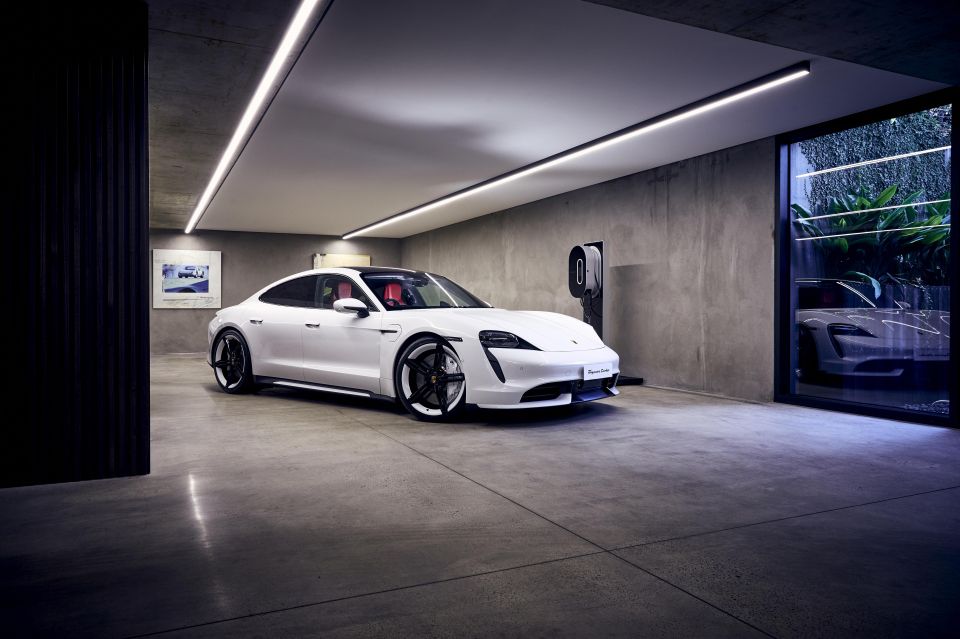
Almost half (45 per cent) of respondents said they would charge their EV using renewable energy – either via rooftop solar panels and a household battery (31 per cent) or via an electricity contract utilising green power or carbon offset (14 per cent).
When asked if the COVID-19 pandemic should impact government policy supporting electric vehicles, 38 per cent of respondents said government prioritisation of electric vehicles should remain the same, 23 per cent thought electric vehicle policies should become a higher priority, and 11 per cent thought they should be a lower priority.
EVs on sale in Australia
All prices exclude on-road costs except when specified.
PHEVs
MORE: Q&A with JetCharge and ChargeFox founder, EV Council chair Tim Washington MORE: Q&A with FCAI chief Tony Weber, regarding CO2 targets MORE: Q&A with Hyundai Australia’s future mobility chief, Scott Nargar MORE: Q&A with Jane Hunter, CEO of Australia’s world-leading fast-charger company Tritium


Jack Quick
7.9
5 Days Ago
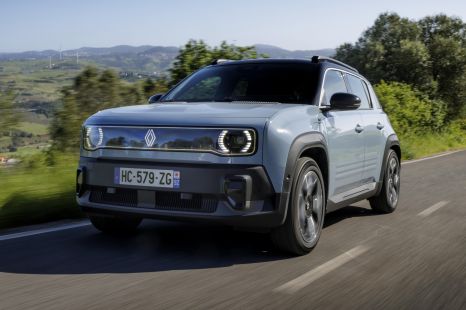

Neil Briscoe
4 Days Ago
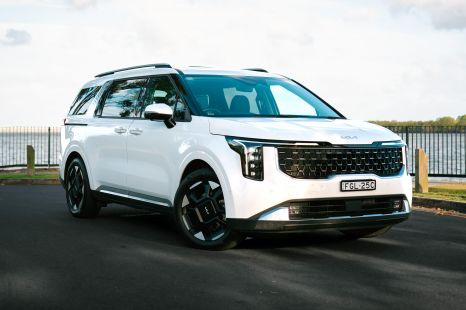

William Stopford
8.5
3 Days Ago
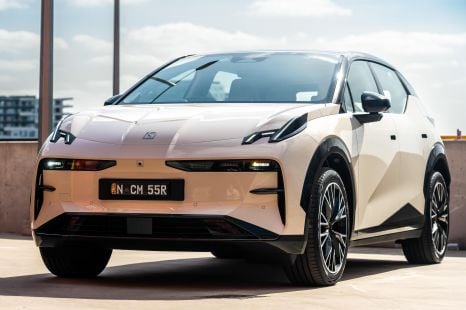

James Wong
7.9
2 Days Ago
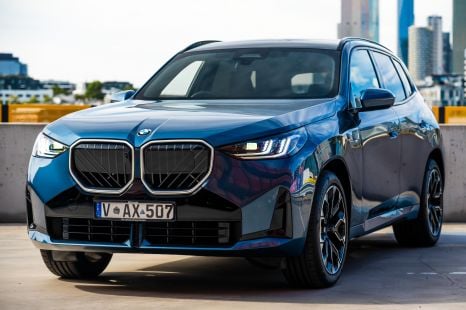

Jack Quick
8.4
1 Day Ago
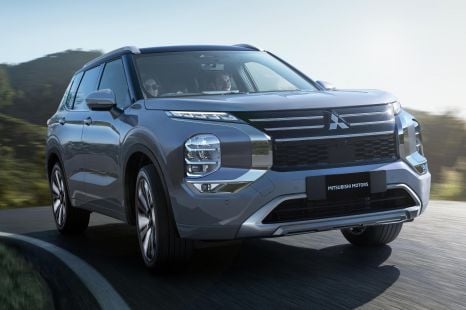

Derek Fung
15 Hours Ago